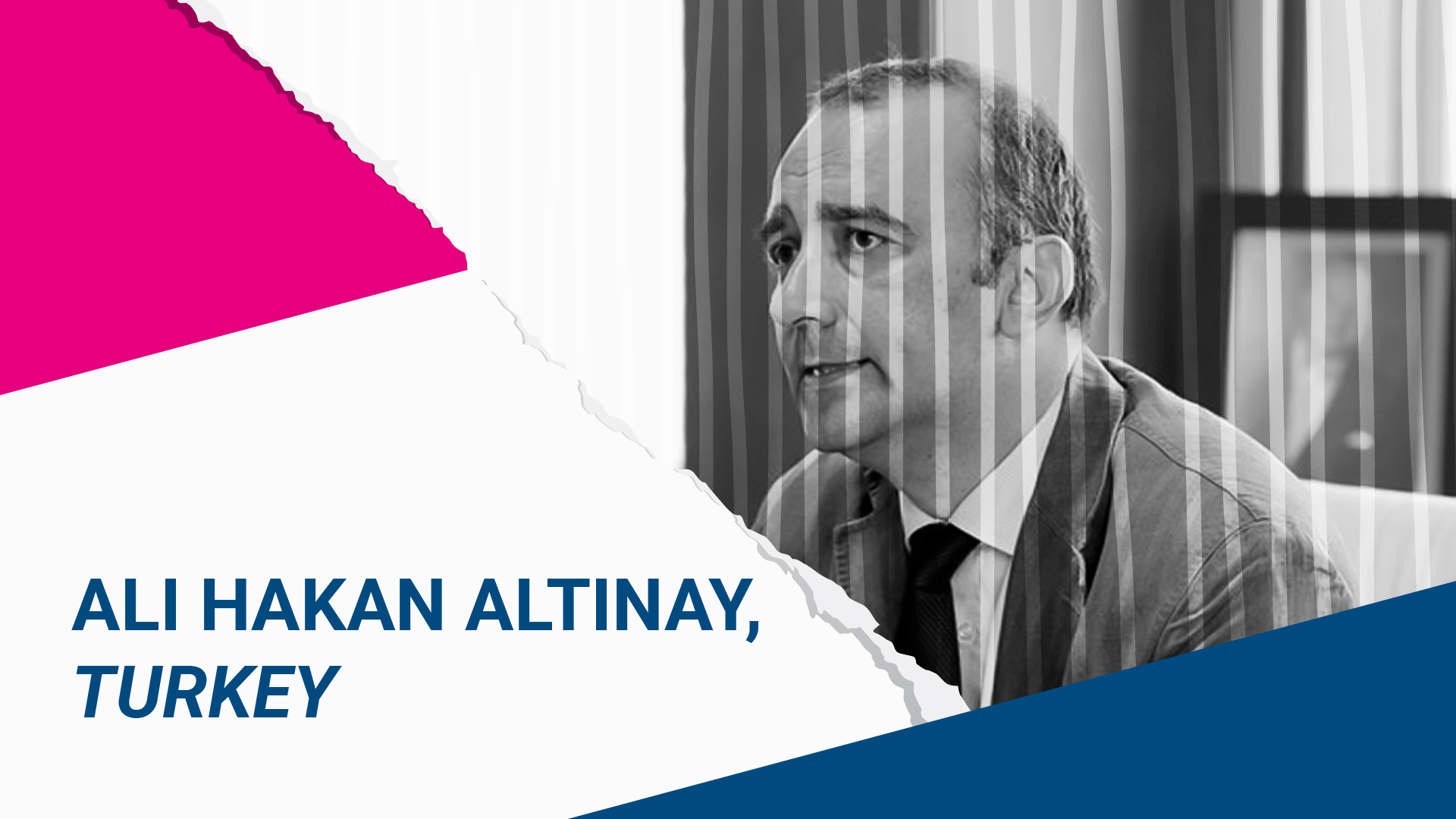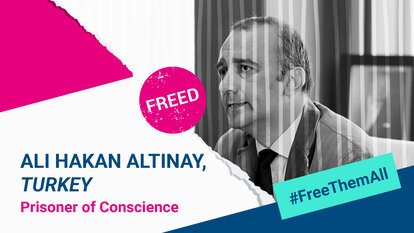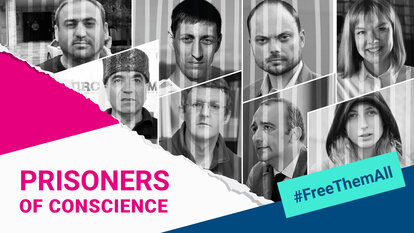Human Rights
Prisoner of Conscience: Ali Hakan Altınay, Turkey

Ali Hakan Altınay is an internationally respected academic. After he graduated in political science in Turkey, he continued his education abroad and has spent most of his career working in academia and the civil sector. He was the director of the European School of Politics in Istanbul and the President of the Global Civics Academy. He was also one of the founders of the Open Society Foundation in Turkey and its chair since its establishment in 2011.
His book Global Civics: Responsibilities and Rights In an Interconnected World was published in 2011 and has been translated into several languages. Over the years some of his articles and opinion pieces have appeared in international media outlets, including the Financial Times and the New York Times.
In 2018 Altınay was detained along with twelve other activists, including academics, human rights advocates, artists, and journalists, in connection with the Gezi anti-government protests which had erupted four years earlier. The rallies were sparked by state plans to start construction in the Gazi park near Taksim Square in Istanbul and later snowballed into one of the largest demonstrations ever against the regime of Turkish President Recep Tayyip Erdogan.
Altınay was accused of aiding the alleged efforts of Osman Kavala, a prominent Turkish philanthropist and civic leader, to “overthrow the Turkish government by force”. As an academic, Altinay served on the board of Anadolu Kultur, a non-profit organization that supports art and culture projects established by Kavala. Turkish authorities used this link to Kavala to press trumped-up charges against Altınay.
In April 2022 a Turkish court convicted Altınay and six others to 18 years in jail. Kavala himself was sentenced to life imprisonment.
Altınay started his defense by saying, “I read the Prosecutor’s indictment and I struggle to understand what I’m being charged with. I should absolve myself unless the indictment presents a crime with evidence,” according to media coverage of the trial. He pleaded “not guilty” and requested an apology at the end of his defense statement.
“I read the Prosecutor’s indictment and I struggle to understand what I’m being charged with. I should absolve myself unless the indictment presents a crime with evidence,”
Following the verdict, a number of human rights watchdogs issued a joint statement protesting the court’s decision, calling the convictions “baseless and a travesty of justice” as well as “a profoundly disturbing example of Erdogan’s weaponization of the judiciary against peaceful dissent”. The statement also described the trial as one of “the most notorious and deliberately convoluted political prosecutions pursued by Erdogan’s government”.
“We have witnessed a travesty of justice of spectacular proportions. This verdict deals a devastating blow not only to Osman Kavala, his co-defendants and their families, but to everyone who believes in justice and human rights activism in Turkey and beyond,” said Nils Muiznieks, Amnesty International’s Europe Director, in a statement.
In Istanbul the decision sparked protests demanding the release of the convicted, but the Turkish police cracked down on the rally and arrested dozens of demonstrators.

Disclaimer: As of December 2023, research shows that Hakan Altınay is currently freed.

Prisoners of Conscience from East and Southeast Europe
We feature select few prisoners of conscience out of the many in East and Southeast Europe. One political prisoner is one too many.
Find out who the other political prisoners are #PrisonersofConscience #FreeThemAll and in the special Focus on our website.